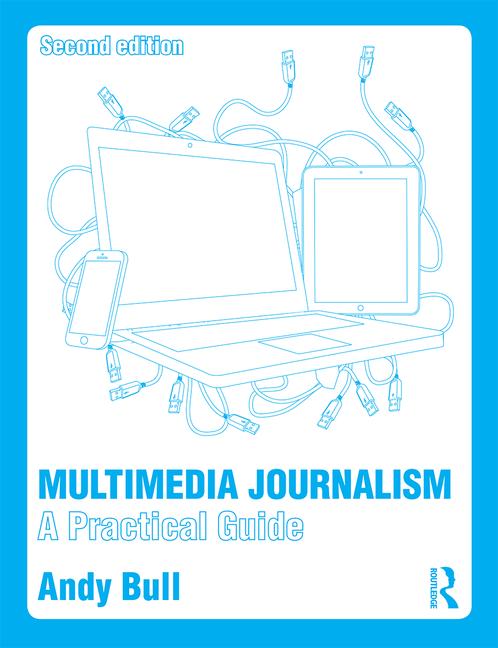I’m not going to name the publication or identify any of the applicants. Suffice it to say that many dozens applied, and almost all of them could be rejected out of hand – because they made one of a shortlist of fundamental errors in their application.
So what I’m going to do here is analyse where the unsuccessful candidates went wrong. This is a case study in how not to get a job.
You didn’t address your application to the editor by name
If you write to 'dear sir' (the editor happens to be a woman) 'dear sir or madam', 'to the personnel officer' or 'to whom to may concern', you fall at the first fence
Your CV let you down
You didn’t read the ad properly
Of if you did, you didn’t make sure your cv and two paragraph covering letter covered the key points it contained.
Your cv was generic
It had not been tailored to the job you were applying for, and hence gave no hint of why you might be suitable for the job
Your cv was too long
If it covered more than one sheet of A4 it was too long. If it was more than two pages it was way too long. You’re not that interesting.
Your cv was poorly structured
It did not start with your relevant employment history, work experience or internship, which means you failed to apply the inverted triangle structure to it.
The editor wanted to see immediately whether you were potentially a serious candidate. If you made them wade first through your GCSEs, A Levels or anything else you were wasting their time. Put your current job/work experience/internship first, then work backwards.
If the editor sees that you are doing work that makes you potentially suitable, you have hooked them enough to get them to read on.
You don’t have an accredited or practical qualification
The next thing the editor wants to know about, so it should come immediately after your employment history or work experience, is your journalistic qualification. They want you to have completed a practical course accredited by either the NCTJ or PTC or, if unaccredited, then the qualification should come from a journalism school with a very high reputation of its own.
You may have an MA in comparative journalism or some other high-faluting theoretical qualification, but lack shorthand and law. You’ve never reported, attended a meeting, press conference or other straightforward event.
If your 'journalism' degree left you in this position, while telling you it prepared you for a career as a journalist, you wuz robbed.
You’ve done too little
There’s little evidence you have done all you can to gain practical journalistic experience. You haven't worked on a student magazine, paper, radio or TV station; you don't have your own blog or website; you have had few, if any, work experience placements.
You’ve done too much
You have such extensive work experience that the editor decided you must be rubbish or someone would have offered you a job by now
The shortlist
When this editor had finished rejecting those who failed because of one of the points above, she had very few people to interview. So the lesson is: present yourself properly and you stand a good chance of getting on a shortlist.
either
You inflated your experience
Under questioning the editor found that your employment history/work experience was fabricated.
For example, claims to have done reporting for a number of national newspapers actually meant you did product fact boxes for the lifestyle section
or
The editor discovered that your claims to have interviewed a number of famous people was false – you just transcribed the tapes of the actual interviewer
or
Your claim to be interested in the subject the magazine covered was false
You were not up to speed on news in the given area. You could not explain common terms and concepts necessary to covering the given area.
You came without story ideas
When the editor asked what you’d be writing today if you were on the magazine you hadn’t a clue.
The successful candidate
Interviewing left two, perhaps three, serious candidates for the job. The successful candidate avoided all the pitfalls above, won a tick against all the things the editor wanted and then, finally, seemed most likely to fit in.
So here's one thing you can't work on, it's just the invaluable luck of the draw when you apply for a job: Have a face that fits.






